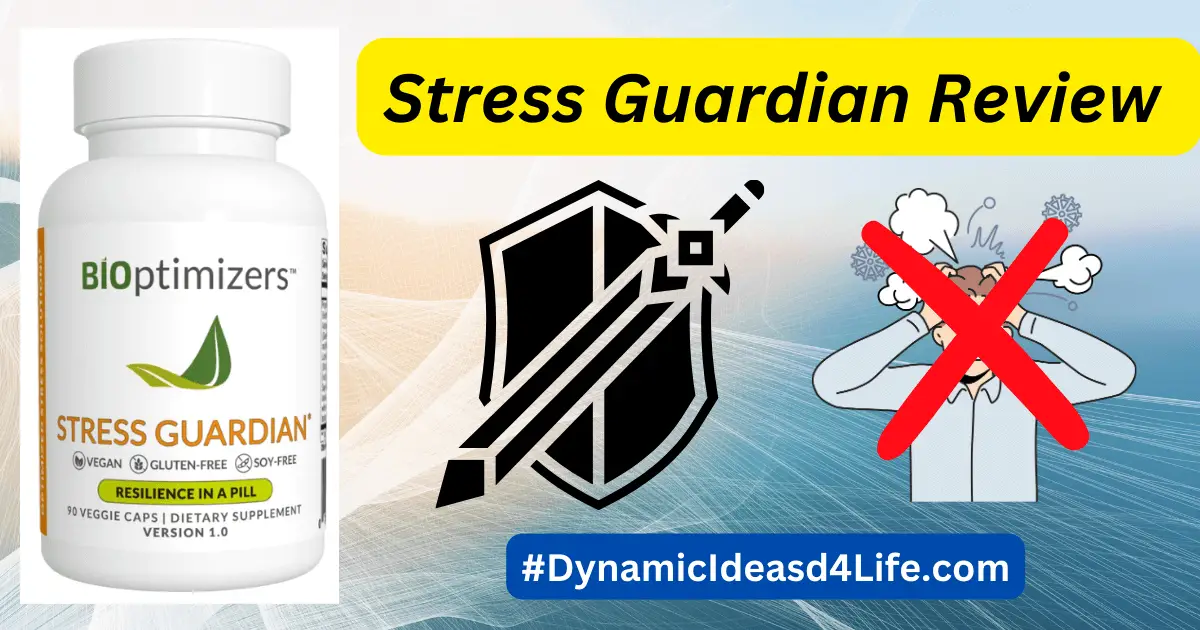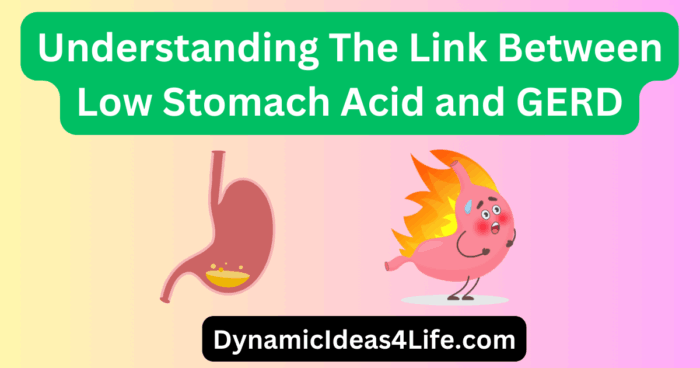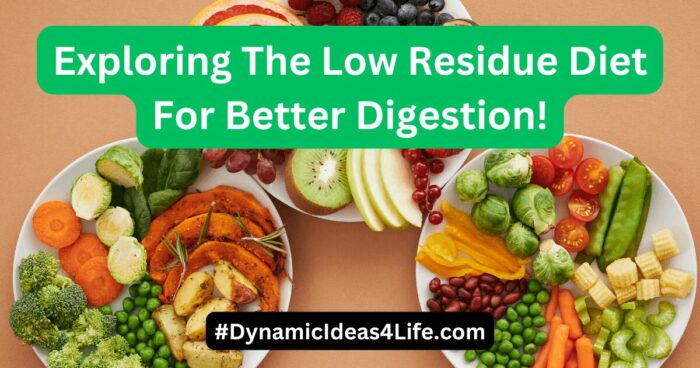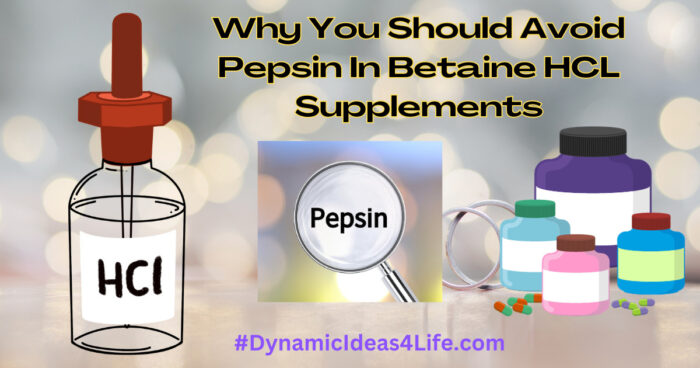Why Pepsin in Betaine HCL Supplements Could Be Harming Your Digestive System? Many may not think about this but Betaine HCL supplements with pepsin have gained popularity in recent years as a natural remedy for digestive issues. Pepsin is an enzyme that aids in the digestion of proteins, and HCL (hydrochloric acid) is a naturally occurring acid in the stomach that helps break down food.
These supplements are commonly used to improve digestion, alleviate symptoms of acid reflux, and promote overall gut health. However, it is important to understand the potential risks associated with Betaine HCL supplements that contain pepsin before incorporating them into your daily routine.
Really this is debatable. Lots of people use Betaine HCL with Pepsin and you can read positive reviews for these products but what some research has found is pepsin in supplements can affect natural pepsin production. It is also NOT vegan-friendly (synthetic pepsin) and the argument is whether supplements are better off without it. This is really the point of this article today. I will let you make your own mind up after reading this but this is really the question…
Why You Should Avoid Pepsin In Betaine HCL Supplements
So, Pepsin is an enzyme that is produced in the stomach and plays a crucial role in the digestion of proteins. It works by breaking down large protein molecules into smaller peptides, which can then be further broken down by other enzymes.
Betaine HCL supplements are supplements that contain hydrochloric acid. We need Hydrochloric Acid (Betaine HCL) in the stomach to aid in digestion, but we may need to take supplements if HCL is deficient.
You can buy Betaine HCL supplements without pepsin but many are often combined with pepsin to enhance their effectiveness. They are often recommended for individuals who experience symptoms such as bloating, gas, and indigestion but it is really better to get supplements without pepsin.
These supplements are believed to help increase stomach acid levels, which can improve the breakdown and absorption of nutrients from food. This is quite clear – that we need sufficient stomach acid but long term it is not wise to keep taking supplements with pepsin.
I think this article HERE explains this quite well but in our natural state, we do need this enzyme.
The Role of Pepsin in Digestion
Pepsin plays a crucial role in the digestion of proteins. When we consume protein-rich foods, such as meat or dairy products, pepsin is released in the stomach and begins to break down these proteins into smaller peptides.
These peptides can then be further broken down by other enzymes in the small intestine, allowing for proper absorption and utilization of amino acids. Sufficient pepsin levels are essential for optimal digestion.
If pepsin levels are too low, proteins may not be adequately broken down, leading to poor nutrient absorption and potential digestive issues. On the other hand, excessive pepsin levels can also be problematic and may contribute to digestive discomfort. There is this problem too but what does this mean for taking supplements?
How Betaine HCL Supplements Work
HCL supplements with pepsin work by increasing stomach acid levels, which can aid in the digestion of proteins and improve overall digestion. These supplements typically contain a combination of hydrochloric acid and pepsin, which work together to break down proteins into smaller peptides.
When taken with meals, HCL supplements with pepsin can help ensure that proteins are properly digested and absorbed. This can be particularly beneficial for individuals who have low stomach acid levels or who experience symptoms of poor digestion, such as bloating, gas, or indigestion.
In addition to aiding in protein digestion, HCL supplements with pepsin may also have other benefits. Some research suggests that these supplements may help;
- improve nutrient absorption,
- support gut health, and
- alleviate symptoms of acid reflux (hyperchlorhydria) and low stomach acid (hypochlorhydria).
However, there is a counter-argument against the use of pepsin within HCL supplements.
The Potential Risks of Pepsin in HCL Supplements
Now, while Betaine HCL supplements with pepsin can be beneficial for some individuals, it is important to be aware of the potential risks associated with excessive pepsin levels in the digestive system. Excessive pepsin levels can lead to a condition known as pepsin reflux, which occurs when pepsin escapes from the stomach and enters the esophagus.
Pepsin reflux can contribute to symptoms of acid reflux, such as heartburn, regurgitation, and chest pain. It can also damage the lining of the esophagus over time, leading to more severe complications such as esophagitis or Barrett’s esophagus.
Long-term use of HCL supplements with pepsin may also have risks. Prolonged exposure to high levels of stomach acid can potentially damage the lining of the stomach and increase the risk of developing gastritis or stomach ulcers. It can also hamper natural pepsin production because the brain is told you have sufficient levels already from the supplement.
It is similar to melatonin supplements because those who take these after a while will stop producing melatonin and they will end up needing more and more to the point they no longer work.
This is why many supplements for these conditions instead focus on creating the right environment for the body to create these chemicals on its own. [Read More HERE about Pepsin in Betaine HCL Supplements].
The Impact of Pepsin on the Digestive System
Pepsin can have a significant impact on the digestive system. When pepsin levels are balanced, it aids in the digestion of proteins and promotes optimal nutrient absorption.
However, when pepsin levels are too high or too low, it can lead to digestive issues.
Excessive pepsin levels can contribute to symptoms such as heartburn, regurgitation, and chest pain.
These symptoms are often associated with acid reflux, a condition in which stomach acid and pepsin escape from the stomach and enter the esophagus. Pepsin reflux can irritate the lining of the esophagus and lead to inflammation and discomfort.
On the other hand, low pepsin levels can also be problematic. When pepsin levels are too low, proteins may not be adequately broken down, leading to poor nutrient absorption and potential digestive issues.
This can result in symptoms such as bloating, gas, and indigestion due to the fermentation of undigested waste.
The Connection Between Pepsin and Acid Reflux
Pepsin plays a significant role in the development of acid reflux. When pepsin escapes from the stomach and enters the esophagus, it can cause irritation and inflammation, leading to symptoms such as heartburn, regurgitation, and chest pain.
There are several factors that can contribute to pepsin reflux. One common cause is a weakened lower esophageal sphincter (LES), which is the muscle that separates the stomach from the esophagus.
When the LES is weak, it may not effectively prevent stomach acid and pepsin from flowing back into the esophagus.
Certain lifestyle factors can also contribute to pepsin reflux. These include consuming acidic or spicy foods, drinking alcohol, smoking, and being overweight. Stress and certain medications, such as nonsteroidal anti-inflammatory drugs (NSAIDs), can also increase the risk of acid reflux.
Managing acid reflux caused by pepsin involves addressing the underlying causes and making lifestyle changes. This may include avoiding trigger foods, losing weight if necessary, quitting smoking, and reducing stress.
In some cases, medications may be prescribed to help reduce stomach acid production and alleviate symptoms.
The Link Between Pepsin and Gastritis
Pepsin can also contribute to the development of gastritis, which is inflammation of the stomach lining. When pepsin levels are too high, it can damage the lining of the stomach and lead to gastritis.
Gastritis can cause symptoms such as abdominal pain, bloating, nausea, and vomiting.
In severe cases, it can lead to stomach ulcers or bleeding. It is important to address the underlying causes of gastritis and seek medical attention if symptoms persist or worsen.
Managing gastritis caused by pepsin involves reducing stomach acid levels and promoting healing of the stomach lining. This may involve avoiding trigger foods, reducing stress, and taking medications to reduce stomach acid production.
In some cases, antibiotics may be prescribed to treat underlying infections that may be contributing to gastritis.
The Dangers of Long-Term Use of HCL Supplements with Pepsin
While HCL supplements with pepsin can be beneficial for some individuals, long-term use may have risks. Prolonged exposure to high levels of stomach acid can potentially damage the lining of the stomach and increase the risk of developing gastritis or stomach ulcers.
It is important to use HCL supplements with pepsin under the guidance of a healthcare professional and to monitor for any potential side effects. If you are considering taking these supplements long-term, it is important to discuss the risks and benefits with your healthcare provider.
Self-medicating with HCL supplements with pepsin can also be dangerous. It is important to consult a healthcare professional before starting any new supplement regimen, as they can help determine the appropriate dosage and monitor for any potential interactions or side effects.
Alternatives to HCL Supplements with Pepsin
If you are concerned about the potential risks of HCL supplements with pepsin, there are alternative ways to support digestion and increase stomach acid production. These include:
1. Apple Cider Vinegar: Consuming a small amount of apple cider vinegar before meals can help stimulate stomach acid production and aid in digestion.
2. Digestive Bitters: Bitter herbs such as dandelion root, gentian, and artichoke leaf can help stimulate the production of digestive enzymes and promote optimal digestion.
3. Probiotics: Taking a high-quality probiotic supplement can help support gut health and improve digestion.
4. Digestive Enzymes: Taking a digestive enzyme supplement that contains a blend of enzymes can help support the breakdown and absorption of nutrients.
5. Betaine HCL Supplements Without Pepsin: The best way to avoid pepsin supplementation is to look for supplements that do not contain pepsin. Many will argue that pepsin needs to be in HCL supplements to work but this is despite the fact that pepsin-free products are available with positive reviews based on good customer experience.
>>>See My Recommendation for Pepsin Free Betaine HCL Supplement HERE<<<
In Conclusion: The Importance of Consulting a Healthcare Professional Before Taking HCL Supplements with Pepsin
On a final note, while HCL supplements with pepsin can be beneficial for some individuals, it is important to understand the potential risks associated with excessive pepsin levels in the digestive system.
Pepsin reflux can contribute to symptoms of acid reflux and damage the lining of the esophagus over time. Long-term use of HCL supplements with pepsin may also increase the risk of developing gastritis or stomach ulcers.
Also, taking pepsin supplements can affect the natural production of this enzyme. This can lead to a kind of dependency on the supplements given that it can take time for the body to resume its normal function. For this purpose, it may be wise to look for pepsin-free betaine HCL supplements.
Either way, still It is crucial to consult a healthcare professional before starting any new supplement regimen, especially if you have a history of digestive issues or are taking any medications.
A healthcare professional can help determine the appropriate dosage and monitor for any potential interactions or side effects. Informed decision-making is key when it comes to managing digestive issues and promoting gut health.
By understanding the potential risks and benefits of HCL supplements with pepsin, you can make an informed decision that is best for your individual needs.
I will finish this article here but if you would like to read more related posts check our pages HERE and HERE<<




Anxiety and Depression best ways to lower blood sugar BiOptimizers blood pressure supplements blood sugar support supplements Digestive Enzymes Supplement digital products Dr Sam Robbins Erectile dysfunction Exercise Gut Health Healthy Living heart health HFL how to lower blood sugar levels How To Lower Cholesterol insulin resistance joint health supplement Keto keto dieting Keto Diet Weight Loss leaky gut supplements leptin resistance list Magnesium deficiency Matt Gallant mental health multivitamins Nootropics nutrient supplements Probiotics Probiotic Supplements proteolytic enzymes reverse type 2 diabetes stress and anxiety stress relief vitabalance vitapost Wade Lightheart weight loss articles weight loss diet plans weight loss product reviews weight loss supplements weight loss supplements that work weight loss tea
